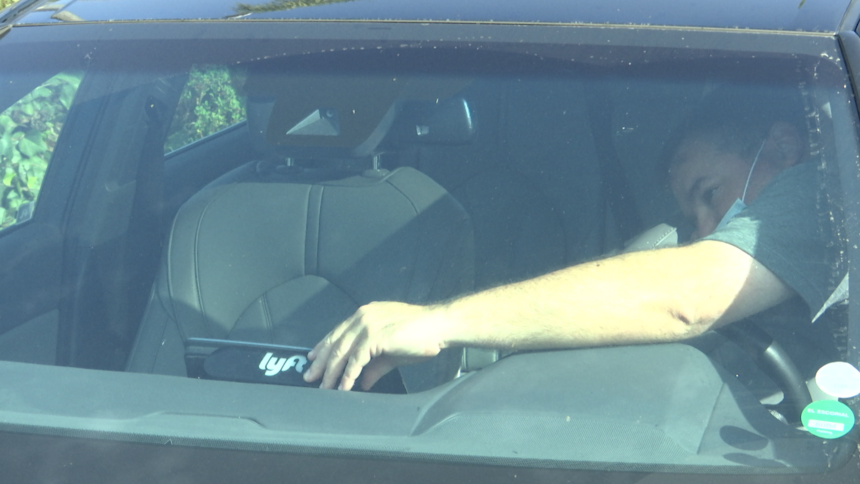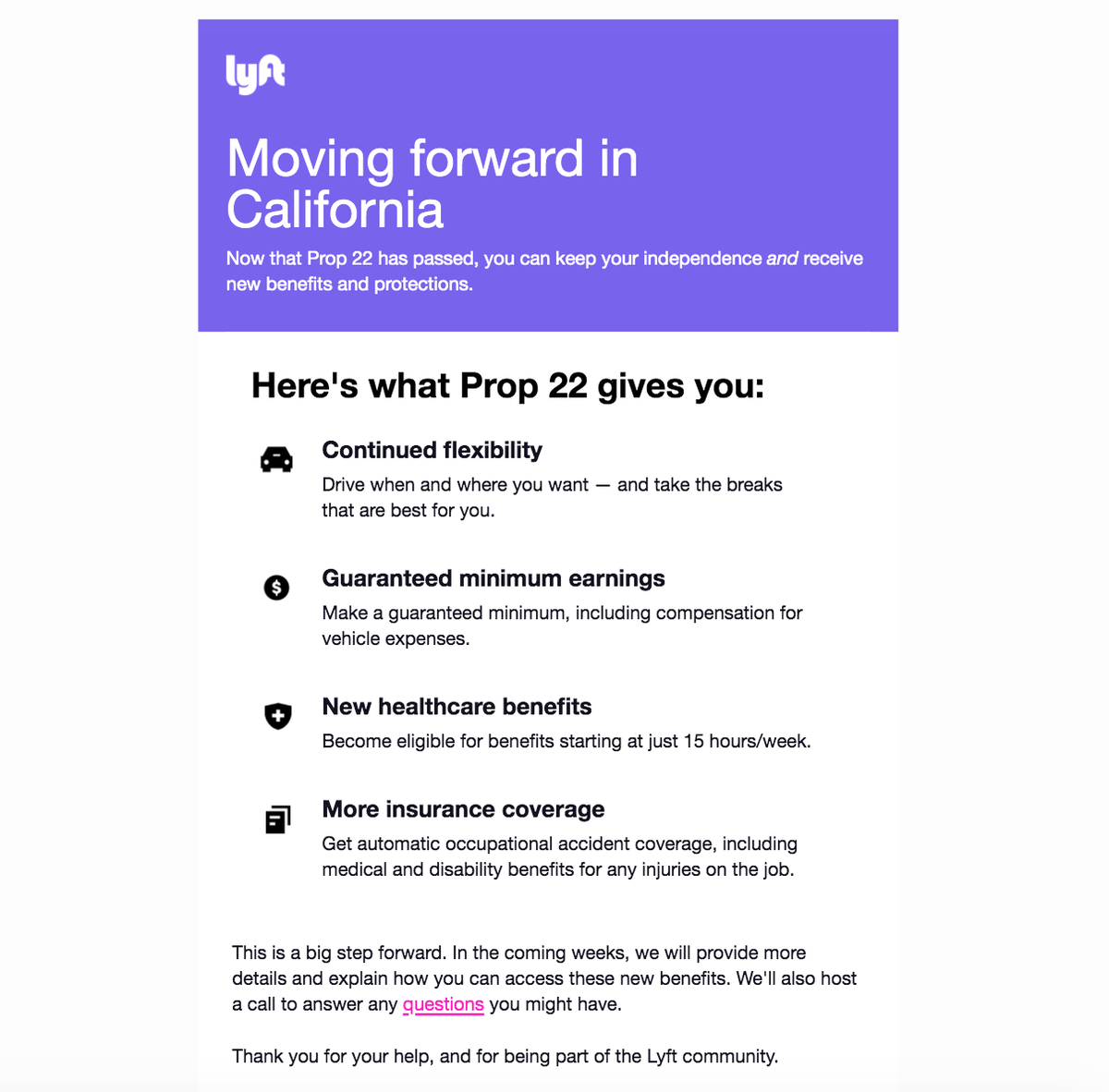Prop 22 passage drives divided reaction

SANTA BARBARA, Calif. - With Election Day in the rear-view mirror, ride-share and delivery app companies scored a big victory with California voters approving Proposition 22.
The measure allows some app-based companies to consider their drivers as contractors, rather than employees.
As of Friday evening with 80 percent of the California vote reported, more than seven million people (nearly 59 percent) in the state voted to approve Prop 22, according to the Associated Press.
Data from The New York Times finds the measure received 53.4 percent approval in Santa Barbara County.
Companies such as Uber, Lyft, DoorDash, Instacart and Uber-owned Postmates raised more than $200 million to support Prop 22 and avoid an industry overhaul, making it the most expensive measure in state history.
As long as gig workers are offered certain benefits, Prop 22 exempts these app-based companies from California's AB5--which requires gig workers to be classified as employees in most cases.
Many full-time and part-time drivers embraced the measure because it allows them to maintain a flexible schedule.
“For myself personally and for a lot of drivers, the flexibility that stays with us is the important part,” said David Brown, who drives for both Uber and Lyft in Santa Barbara. “I don’t want them to tell me when I need to work, or who I have to work for. That’s not what I went into this for… My joke is when I’m in the car, that when I want to go on vacation, I put in a vacation request to myself and I accept it and I move on.”
After Prop 22 passed, Uber and Lyft sent drivers an email listing new benefits, including a minimum earnings guarantee, new healthcare benefits and accident insurance.

Many critics and other drivers, however, question the quality of those benefits and point out that Prop 22 does not offer all the protections that those deemed "employees" receive, such as worker's compensation, unemployment insurance, family leave and sick leave.
Labor groups fear the measure's lack of worker protections and corporate regulations sets a dangerous precedent.
Jeremy Goldberg, executive director for the Central Coast Labor Council, sent this response to Prop 22's approval:
"We're really disappointed that Uber, Lyft and Doordash's $200 million campaign of lies and deceit worked. Rideshare drivers are still at the forefront of the global health and economic crisis and we will continue to fight alongside them to hold the gig companies accountable. All drivers deserve a living wage, safe working conditions and basic legal protections. Prop 22 will mark the beginning of this fight, not the end."
Jeremy Goldberg, Central Coast Labor Council Executive Director
Even though Brown supports the proposition, he recognizes that the companies still have to prove that Prop 22 improves the drivers' experience as gig workers.
“I’m pleased with Part One, that it was passed,” he said. “But like everything, you know, once a company gets what they want, how will it ultimately benefit… the people that are working as self-employed people for them?”
